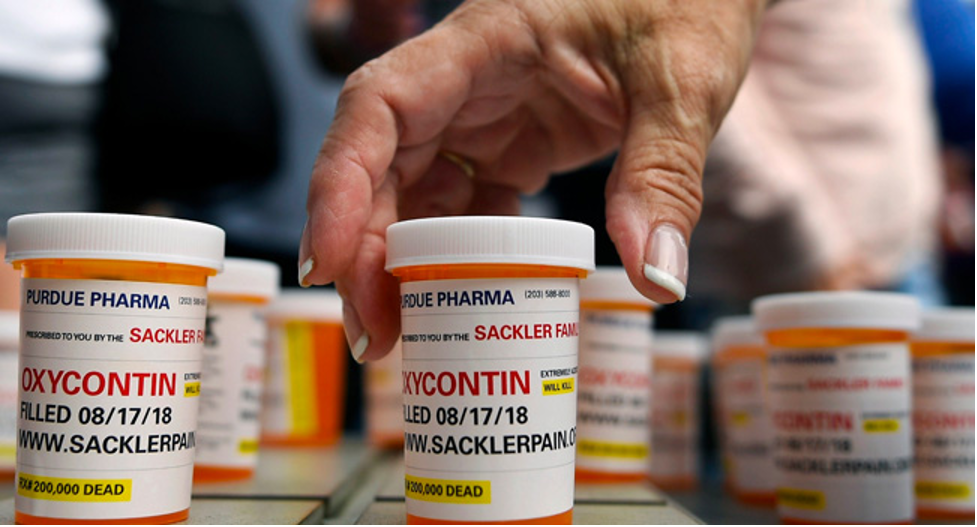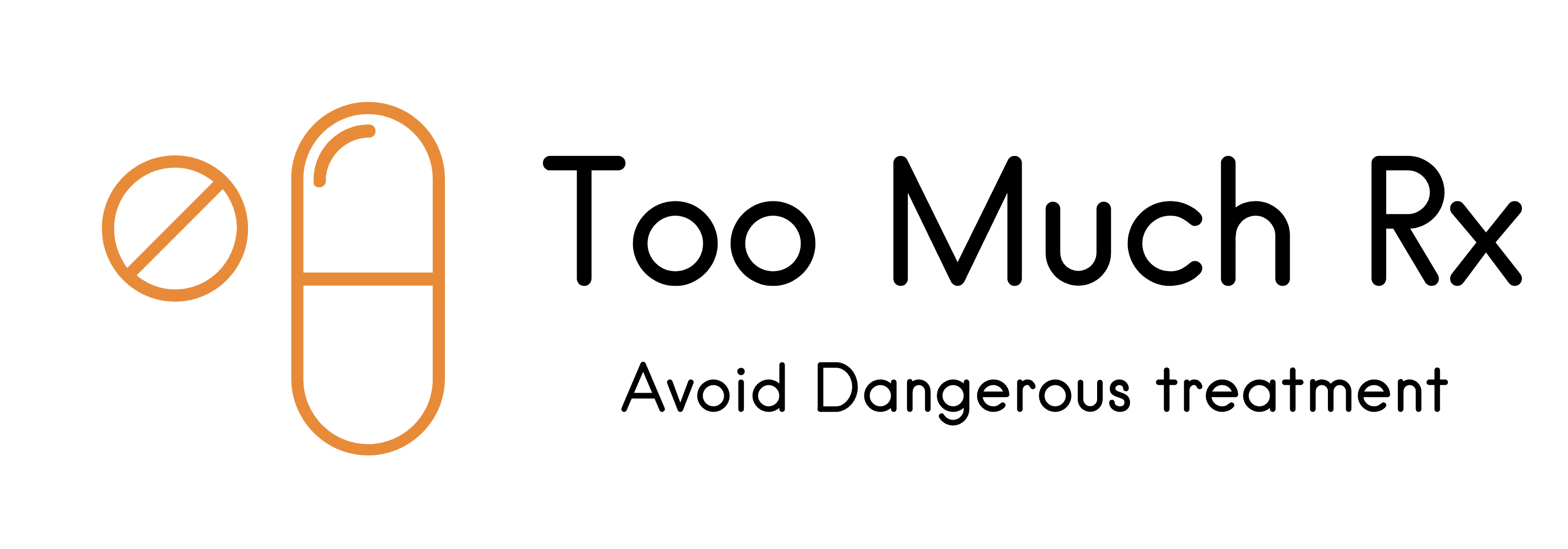
Helping Reduce Youth Suicide Rate
Marin addresses high suicide rate
Marin Suicide Prevention Hotline at 415499-1100.
- Marin Independent Journal, , By Keri Brenner kbrenner@marinij.com
A disproportionately higher rate of Marin’s teens and young adults have suicidal thoughts or mental health incidents than their population totals would suggest, according to a new county report released this week.
“While youth between the ages of 15 and 24 represent 10% of the population, they represent 44% of emergency room visits, 36% of hospitalizations and 10% of the deaths,” the report said.
The report also notes that a disproportionately high rate of White middle age and older adult males in Marin have died by suicide.
“Men make up 49% of the population of Marin and 76% of deaths by suicide,” the report said. “Adults age 45 and older represent 53% of the population and 71% of deaths by suicide.”
The document, the first update to Marin’s year-old suicide prevention strategic plan, was released Monday by Marin Health and Human Services’ Behavioral Health and Recovery Services on its new website at BHRSprevention.org.
According to the 19-page report, Marin’s overall suicide rate dipped slightly since August 2020, when the county launched its suicide prevention strategic plan. At the time, Marin had the highest suicide rate in the state.
“The provisional data from 2020 shows that 35 Marin residents died by suicide, compared to 46 the year before,” the report
notes. Although the overall rate dropped during the pandemic, Marin still has one of the highest rates in the Bay Area, although not statewide, according to Kara Connors, strategic plan coordinator.
Each statistic, however, is more than a number and represents a need for heightened awareness and compassion, said Jei Africa, director of Behavioral Health and Recovery Services, in the report.
“Families, neighborhoods, and communities across the county continue to the feel the grief and confusion that result from suicide deaths and attempts,” Africa said.
“While much attention has been brought to this issue by the spike in the number of adolescent suicides across the state, we know that suicide affects people of all ages and from all backgrounds,” Africa noted. “Suicide has now risen to the 10th leading cause of death in the United States across all ages.”
Statewide, attention is heavily focused on youth, many of whom suffered isolation, anxiety, sleep disorders and computerscreen overload during the pandemic, according to Assemblymember Jesse Gabriel, D-Woodland Hills, co-author of a youth mental health bill, Assembly Bill 309.
The bill, passed by the Legislature on Sept. 10, now sits on Gov. Gavin Newsom’s desk awaiting his signature. Newsom must sign or veto the bill by Oct. 10.
AB 309 requires the California Department of Education to create a model mental health referral protocol for use by schools statewide. The protocol would provide guidance to help educators better identify students with mental health needs and quickly and efficiently connect them with appropriate services.
Locally, the Marin County Suicide Prevention Collaborative, a working group connected with the county’s strategic plan, has grown over the past year, Connors said. The collaborative is a network of suicide survivors, loss survivors, allies, friends and counselors who are running meetings, workshops and other events.
“All of our activities are directly aligned with the seven core strategies of the strategic plan,” she said.
One of the activities is a new art exhibit this weekend in San Rafael.
About 10 Marin high school and college student interns with the county are leading the project.
“The goal of our showcase is to bring the young community of Marin closer together through art and use it as a medium of creative expression to help others who are suffering,” said intern Preston Lee of Tiburon, a high school senior.
“So many people endure hardship under the radar,” he added. “When I first got exposed to how many people in my life struggled, it inspired me to advocate for such a prevalent issue in my community.”
The Youth Art and Film Showcase for Suicide Prevention runs 4 to 6 p.m. Saturday at the Marin Health and Wellness Campus, 3240 Kerner Blvd., Room 109, San Rafael.
“With each piece of artwork submitted, these youth are sending a powerful message that stigma has no place in Marin,” said Connors. “As a community, we can talk about mental health and suicide in open and direct ways.”
Marin’s network has also created a new crisis text line. Connect by texting MARIN to 741741. Any teen who may need to connect with a friendly voice is welcome to use it.
The student interns are sharing the text line on social media, according to Scarlett Goh, a high school junior from Mill Valley.
“Sometimes kids talk about suicide online in a casual way that might not be taken seriously,” she said. “Or, some kids are afraid to reach out for help if they see others ‘joking’ about suicide.”
Goh encouraged all her peers to share on social media about the text line or the National Suicide Prevention Lifeline, 800273-8255. Spanish speakers can call 888-628-9454.
“At the end of the day, we just want to keep each other safe,” she said.
Elsewhere in Marin, a collaboration of community groups in Mill Valley are running suicide prevention awareness events around skateboarding. Last week, they held a skateboard competition at Harrison Dunnett Skatepark, which is named after former Mill Valley Middle School student and avid skater Harrison Dunnett, who died in 2016 while in treatment.
{Harrison Dunnett passed away from an overprescription of drugs by a Doctor, not from suicide. (Added by W. Dunnett for clarification.)}
“We need to think outside the box about how we engage youth and activities and events that we produce for them,” said Ryan Fedoroff, an organizer. “This was an example of something that we can do to touch all kids.”
Fedoroff said a number of groups are planning similar events for youth to give them a positive focus and outlet for stress.
“For many kids, we observed that skateboarding helped to get these kids through the pandemic and what was an otherwise challenging time,” Fedoroff said. “And rather than leaning into video games, substances and social media as a form of distraction, these kids skated and they skated some more.”
Connors agreed that any events that offer contact with others in a positive way can be helpful.
“If you ask those who have struggled with psychological or emotional pain, many will mention that the connection and support of their neighbors and loved ones was critical for their recovery,” Connors said.
For help or information, call the Marin Suicide Prevention Hotline at 415499-1100.




